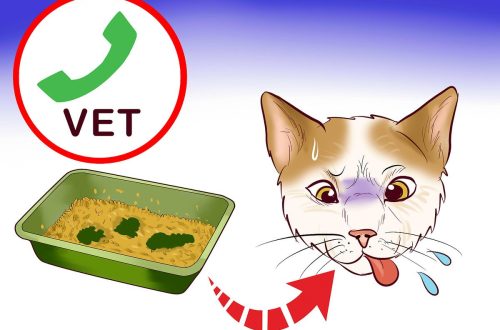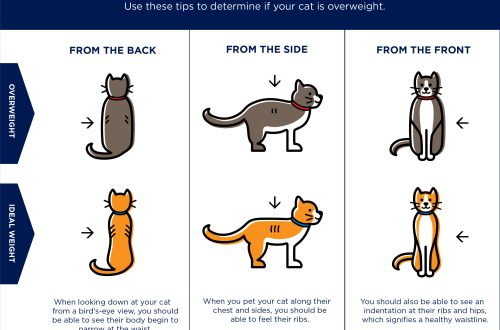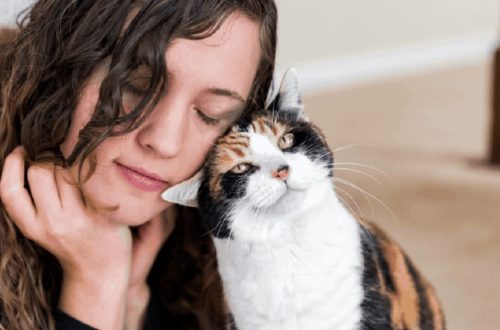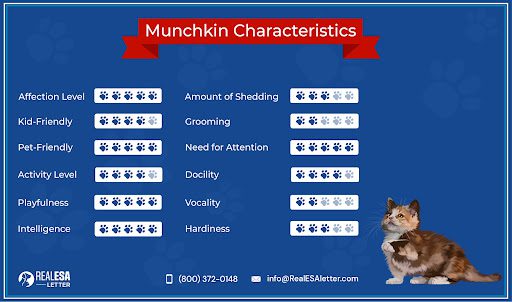
Munchkin: features of the breed and character
This is a small cat that looks like dachshund, – with a long body and short legs,
Munchkins began to appear in various regions of the world since the beginning of the XNUMXth century and are today recognized by the International Cat Association (TICA) and the South African Cat Council (SACC). However, Munchkin cats are not recognized by some other cat clubs, including the Cat Fanciers Association (CFA) of the United States or Europe, the American Cat Fanciers Association (ACFA), the International Cat Federation (FIFe), and the Governing Council of Cat Fanciers (GCCF).
Munchkin cat breed
Despite the name of their breed (from the English. munchkin – karapuz), these pets are not quite like kittens. The munchkin’s trademark legs remain short, but its body develops with age to the size of an adult cat, including a long spine and tail.
These pets not only resemble dachshunds: Ms. Solveig Pflueger, Member ETHICS, gave the breed its name in honor of the Munchkins, characters in L. Frank Baum’s book The Wonderful Wizard of Oz.
This genetic mutation is not new, but short-legged Munchkin cats have always been rare and were not recognized until the early 1990s. Modern Munchkins are descended from cats with tiny paws discovered by Sandra Hockenedel in Louisiana in the 1980s.
Munchkin features
A distinctive feature of the representatives of this breed are short paws. They appeared as a result of spontaneous genetic mutation, that is, in a natural way. “Short paw length is determined by an autosomal dominant gene that shortens the bones in a cat’s paws,” explains ETHICS.
The hereditary genetic trait of short legs is passed on to the offspring of Munchkin cats. Risks prevent breed members from crossing with each other, so they are bred by crossing with pets of any other breeds, TICA states in its Munchkin breed standards.
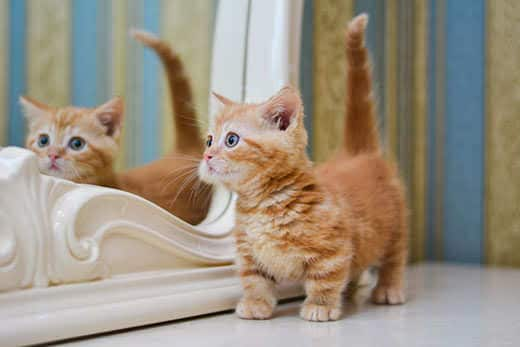
Most often, Munchkins are bred by crossing with domestic shorthair or long haired cats. This produces a “shiny”, “plush” and “silky” coat and “medium” features.
As a rule, these cats have an average weight – about 4-4,5 kg, writes My Family Vets, and a length of about 45-46 cm. Their coat can be of any pattern and color, and their eyes can be of any color.
Munchkin cat: character
The movements of the Munchkins are swift. They are often compared to ferrets because of their ability to dexterously maneuver from side to side. Munchkin cats can also jump on furniture, although not as high as their larger cousins. Therefore, the owners of representatives of the Munchkin breed will have to secure your homejust like any other cat.
Agile and energetic, Munchkins are always ready for games and caresses. They are also very intelligent, so they need the mental stimulation they can get through educational activities such as food puzzles, wind-up toys, or even electronic devices with apps designed specifically for cats.
Short-legged Munchkin cats have one quirky trait that sets them apart from most other breeds. They are called “scrubbers”. This term was given by representatives of the Cummings School of Veterinary Medicine at Tufts University in an article for TuftsNow. Representatives of this breed have a special craving for jewelry and small shiny objects. Tufts suggests that such tendencies help animals get “short-term psychological relief.” For this reason, it’s important to provide your munchkin with plenty of trinkets from which to choose for his stash. Otherwise, the owner runs the risk of discovering the loss of his own jewelry.
Munchkin cat: care description
Munchkins need the same basic care as all other cats, including constant access to fresh water, nutritious food, careful care, regular check-ups at the veterinarian and communication with people.
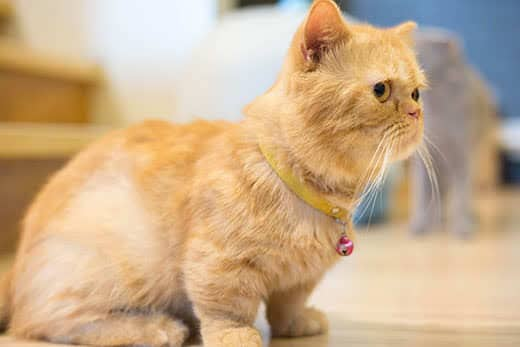
As a result, genetic mutation Munchkin cats can be prone to health problems. According to Dr. Sarah Wooten, “Pygmy cats often have joint problems and abnormally twisted spines that can predispose them to herniated discs.”
Common joint and spine problems can include arthritis, osteoarthritis and degenerative joint disease (DJD), reports Cornell Feline Health Center. A veterinarian should be consulted to develop a health promotion program for the little munchkin.
Energetic Munchkins, with an average lifespan of 12-15 years, bring a lot of excitement and joy to their owners’ homes.



